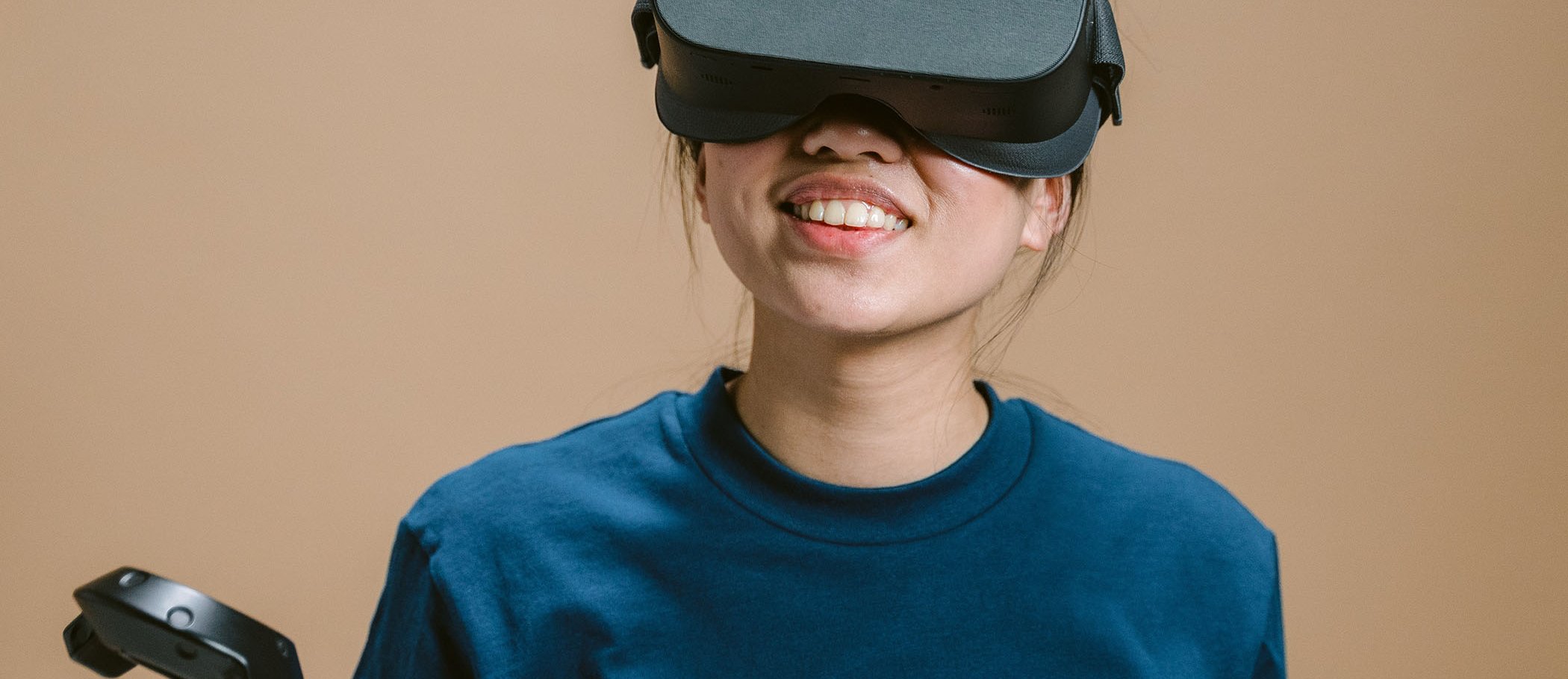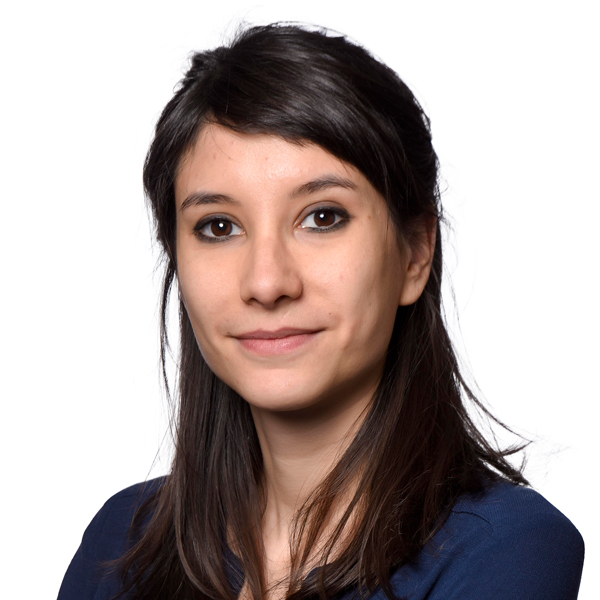New technologies for all
Subject: Multidisciplinary
The UOC Library has hand-picked a series of resources to mark World Telecommunication and Information Society Day.
Every 17 May, on World Telecommunication and Information Society Day, the United Nations launches a campaign to remind people how we can all benefit from new technologies.
Today, the UOC Library is also celebrating the date with a selection of resources in various formats and subject areas. Check out the content on this year’s theme, the potential of artificial intelligence (AI) for society, or discover the Scratch Social UOC project, aimed at bringing computing to children at risk of poverty or social exclusion.
Get into computing with introductory materials or learn more about information and communication technologies (ICT) with specialist and academic sources.
Source: Wiquipedia
Wikipedia entry with basic details about the history, development and most controversial issues regarding AI.
Source: Technology, Entertainment and Design
Short videos where various experts consider the ethical implications of intelligent machines and present new projects.
Source: Microsoft
Leading current articles in the famous Microsoft search engine specializing in academic content.
Source: UOC News
Director of the Spanish National Research Council's (CSIC) Artificial Intelligence Research Institute (IIIA)
The uses of intelligent machines
A few days ago, over a hundred business leaders from technology companies like Google, Amazon and Facebook attended a summit meeting on AI at the White House. All indicators point to it being used more and more often and in a wide array of forms, such as self-driving vehicles, disease diagnosis, face recognition and big data management.
Source: Editorial UOC
Manual published for the “Internet Security: ICT Security in Childhood” course, part of the Scratch Social UOC project. The course starts for the third time on 16 May and ends on 22 May.
Doctoral thesis by Dr Ismael Peña-López, professor with the UOC Faculty of Law and Political Science, analysing how and why the various approaches for modelling and measuring the information society have determined what having access to ICT and digital development mean.



